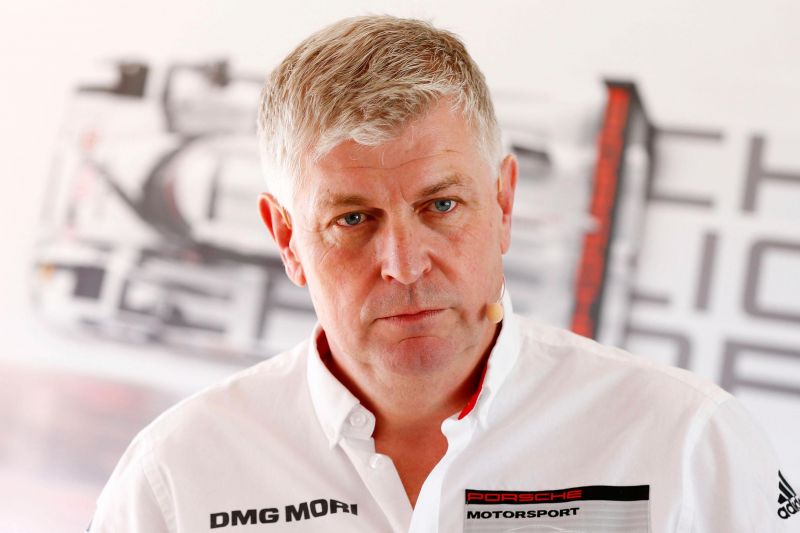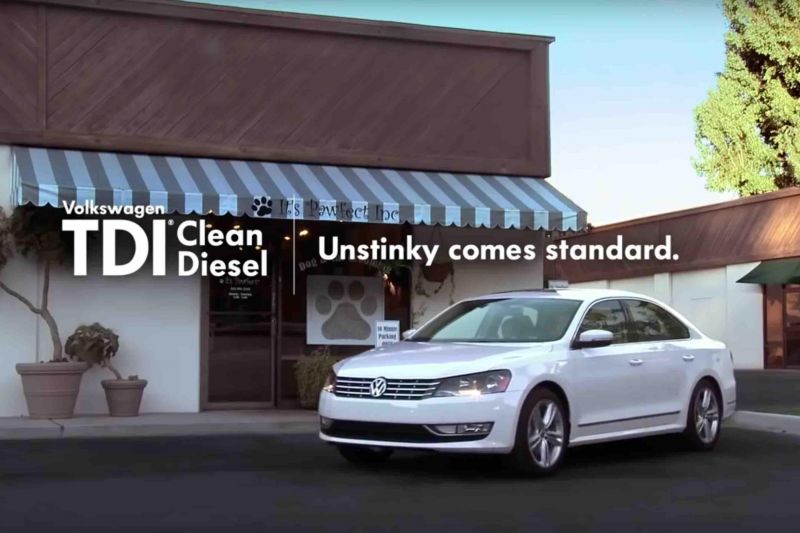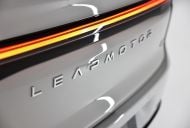Fines and suspended sentences have been handed out to the former CEO, head of engine development, and head of engine thermodynamics at Audi for their roles in the Dieselgate emissions cheating scheme.
Rupert Stadler, Audi’s CEO from 2010 until 2018, was fined €1.1 million ($1.8 million), and given a 21-month suspended sentence for fraud by negligence. He escaped jail time by making a confession in May.
Persecutors had wanted a €2 million (A$3.28 million) fine due to Stadler’s high salary when CEO, and his extensive real estate portfolio and financial assets.
Although Stadler won’t be going to prison again, he has already spent a bit over four months in detention. After being charged, he was arrested and kept in jail in June 2018 as prosecutors believed he may be trying to suppress evidence related to the government’s Dieselgate investigation.
Wolfgang Hatz, who was Audi’s head of engine development and later became the Volkswagen Group’s chief engineer, has been given a two-year suspended sentence, and fined €400,000 ($653,000). Prosecutors are still weighing up if they should challenge Hatz’s suspended sentence.
Giovanni Pamio, Audi’s former head of thermodynamics in the engine development division, was handed a 21-month suspended sentence, and fined €50,000 ($82,000).
The three men were charged with fraud for knowingly selling cars that were not compliant with emissions standards. Without confessions, maximum sentences were up to 10 years in length.
Stadler is the first board-level executive from the Volkswagen Group to be successfully tried over the Dieselgate affair, which saw vehicles sold by Volkswagen, Audi, Skoda, Seat, and Porsche fitted with diesel engines that had software to detect when they were undergoing bench testing.
During formal testing the engines would scale back power output to limit exhaust output, but in the real world the engines would far exceed emissions regulations. Many of these cheating engines were developed by Audi for use throughout the automaker.
In the US Volkswagen marketed its TDI-equipped cars as “clean diesel”. This deception was discovered after the International Council on Clean Transport commissioned a study by West Virginia University.
Volkswagen, in September 2015, admitted to installing “defeat devices” in some of its diesel cars, but executives claimed the emissions cheating engines were solely the work of people further down the food chain.
It’s estimated Dieselgate has cost the automaker at least €30 billion ($49 billion) in fines, damages, recalls, and remediation.
The whole scandal also caused the company to pivot from diesel to electric vehicles, and spurred the development of the MEB architecture that currently underpins the Volkswagen ID. 3, ID. 4, and ID. Buzz, as well as the Cupra Born, Skoda Enyaq iV, and others.









